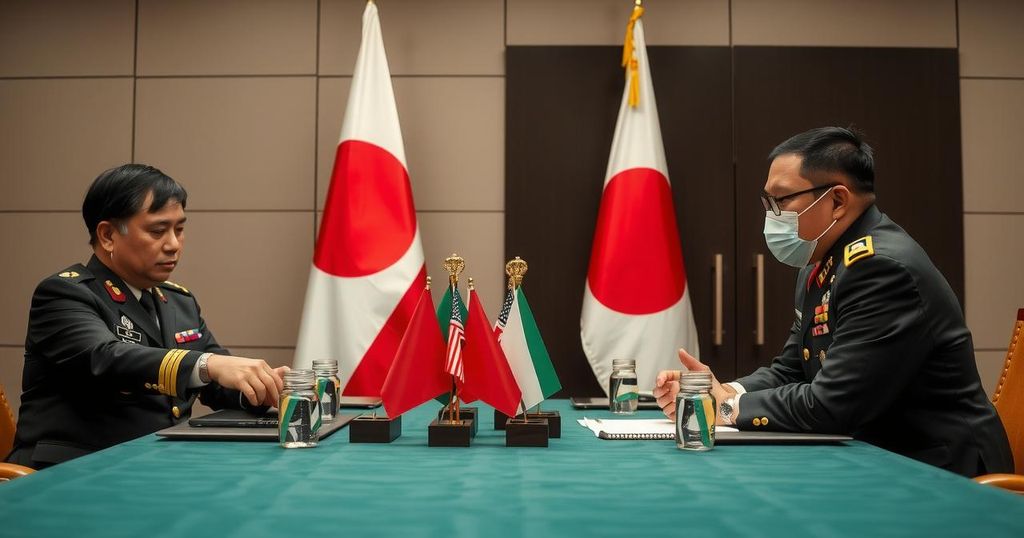Pakistan’s Strategic Reassessment in Light of Taliban Engagements
The Afghan Taliban is engaging with regional states, notably India, to strengthen economic ties amidst isolation. Pakistan needs to reassess its strategy concerning the Taliban, focusing on direct engagement and cooperative security measures to mitigate threats from the TTP and enhance its security situation.
Although there exists considerable mistrust between Pakistan and the Afghan Taliban, the Taliban’s leadership is proactively engaging with regional states to enhance their economic relations and circumvent international isolation. Notably, the Taliban foreign minister’s recent meeting with the Indian foreign secretary in Dubai underscored India’s importance as a potential economic partner. Historical ties facilitated through India’s substantial investment in Afghanistan and camaraderie with the Northern Alliance are reminders of past engagements, suggesting a cautious approach from India towards the Taliban despite ongoing developments.
The Afghanistan situation poses significant implications for Pakistan, necessitating a critical reassessment of its approach to its western neighbor. Islamabad’s principal concerns revolve around the presence of Tehrik-i-Taliban Pakistan (TTP) bases within Afghanistan. However, it is imperative for Pakistan to reconsider its strategy, prioritizing direct engagement with Taliban leadership in Kandahar rather than solely addressing issues with the Kabul administration.
Experts propose that Pakistan should directly approach the reclusive Taliban supreme leader Hibatullah Akhundzada to advocate for relocating anti-Pakistan militants away from the border. Historical attempts at negotiations indicated that such strategies could yield improved security outcomes, albeit with varying degrees of success. Earlier this year, a Taliban-issued fatwa aimed at limiting jihadist actions within Pakistan represented a step in this direction, albeit modest.
While Pakistan is justified in its concerns regarding the TTP, there must be a strategic shift towards constructive dialogue with the Afghan Taliban. The current strategy of conducting limited discussions alongside military action has not resolved the underlying tensions. With various nations establishing diplomatic ties to the Taliban, including those historically seen as adversaries, Pakistan must adapt its policy to safeguard its national interests.
Consequently, Pakistan should consider collaborative efforts with regional allies to pressure the Taliban into implementing effective counterterrorism measures to mitigate border threats. Simultaneously, engaging with both the Taliban leadership in Kandahar and the political framework in Kabul will keep diplomatic channels open. The deterioration of relations could exacerbate insecurity within Pakistan and provide unfriendly nations with an opportunity to exploit the situation.
Following the Taliban’s resurgence in 2021, Afghanistan has found itself largely unrecognized by significant global players, leading to its leaders seeking alternative avenues for engagement and economic partnerships. Amidst this, India has emerged as a key regional player historically invested in Afghanistan’s growth and stability. However, Pakistan has remained wary of the Taliban’s connections with groups that threaten its national security, particularly the TTP. Thus, navigating these complex dynamics is essential for regional stability.
In conclusion, it is vital for Pakistan to reevaluate its strategy towards the Afghan Taliban in light of emerging regional dynamics. Engaging with Taliban leaders directly and forging cooperative relationships with neighboring states can foster a more stable environment. By emphasizing counterterrorism and maintaining open communication, Pakistan could mitigate threats posed by groups such as the TTP while fostering security and stability in the region.
Original Source: www.dawn.com








Post Comment